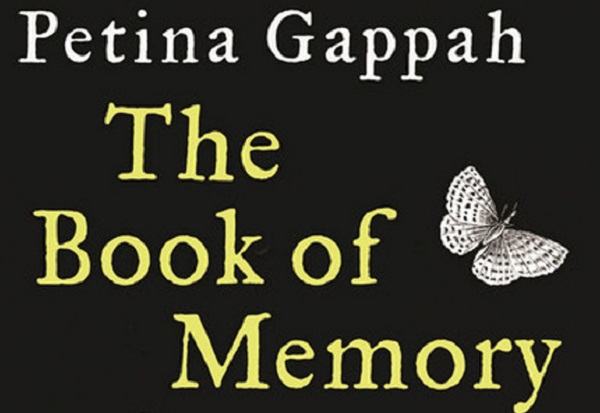In The Book of Memory, Petina Gappah, the author of award-winning short-story collection An Elegy for Easterly, uses the life of an incarcerated protagonist who has albinism to lift the lid on contemporary Zimbabwean societal issues, writes Kwanele Sosibo.
She touches on colourism, human rights abuse, poverty, globalisation and land reform.
Her tale, told to us by Memory, who spends part of the novel locked up in Chikurubi prison, is driven by the fallible clarity of Memory’s mental facility and the backdrops that colour her world.
We flit between several worlds, namely Mufakose, the township where she grows up with her siblings, the prison she spends time in for killing her surrogate father and the comfort of her surroundings in her adoptive father’s estate called Summer Madness.
In her early years, we see Memory’s invisibility in Mufakose, enduring the discomfort of her pigmentation condition — thought to be a curse — before she is sold off to Lloyd, or so she believes.
As the story progresses, it becomes more and more apparent that Memory’s memory is imperfect, and so the story begins to travel in retrograde, with our protagonist delving back to recreate a past she has already laid out for us in substantial detail.
For example, what is revealed or implied earlier in the story is that Memory killed Lloyd. We are left to assume, and the prison inmates and guards are wired to believe, that Lloyd occupied the role of lover in Memory’s life.
This and other assumed details are later disproved, although Gappah has a need to maintain suspense beyond reasonable expectation.
It is interesting how Gappah marries the unravelling of the protagonist’s life story to that of conditions in Zimbabwe, making Memory something of a metaphor for how the country creates its own mythology and picks and chooses what it remembers in the 36 years since independence.
Grotesque events, such as the Matabeleland massacres, have been consigned to footnotes, whereas the vainglorious, if justified, land reform project has been hyped up beyond belief, its dysfunctional aspects glossed over.
So too is Memory’s family life. Her parents always seem to be existing at a surface level, and the brutality of their inner hauntings only bubble to the surface at unexpected moments.
Memory’s tenure at Summer Madness, metaphorically, seems to speak of a blissful period in Zimbabwe’s post-independence period, at least for a section of the population, when unfinished business seemed to have been swept under the carpet, creating the mask of a cohesive society commonly referred to as “the bread basket of Africa”.
At Summer Madness, even though Memory has grown up merely across town, she is allowed to forget ever having had a past, a troubling one that cannot be erased by physical comfort and the resultant illusion of space and distance.
But periods change. In prison, cut off from the outside world, except in the form of censored, hollowed-out newspapers that mostly leave little except the classified pages, Memory is struck by waves of prisoners who are occasionally driven into the prison, only to be isolated from the general population a day or two after arrival.
The way the prisoners are handled and exceptionally treated points to an intensifying political climate. Moreover, it is the way the prisoners carry themselves, in open defiance of the prison authorities, that suggests a shift in the hierarchical structure of what the country considers to be heinous crimes.
The reading of this book as a stand-in for collective trauma is the only way in which it is plausible. As the tale of an individual, the memory tap is too conveniently switched on and off, merely for the purposes of not inconveniencing the writer’s prescribed tale.
To her credit, Gappah weaves magical prose in various parts of this novel to keep readers soldiering on past the bland passages. There are a significant number of beautiful tracts given to the understanding of memory that require painstaking reading and pondering.
The Book of Memory’s expanse means you hardly get to understand many of the characters she introduces, with the exception of the protagonist. Lloyd, such a key character in her life, seems to hover more as a ghost than as a presence. So does the pace of her life outside of her home country, such that the book reads like a blur in certain chapters.
But then again, perhaps these are poetic flourishes that speak to the premise of the book. Had Gappah narrowed its scope, she could have approached the flawlessness her stroke suggests.
via Mail & Guardian






